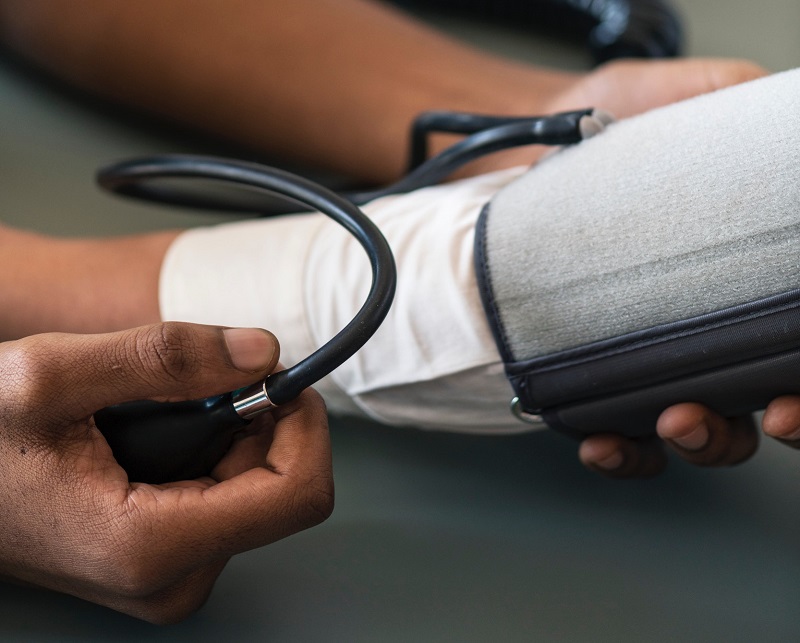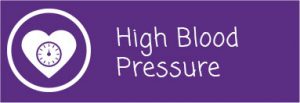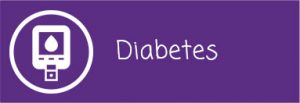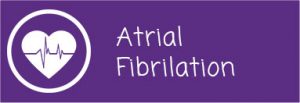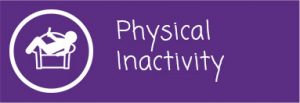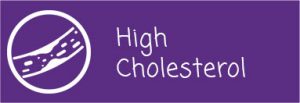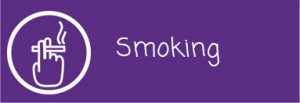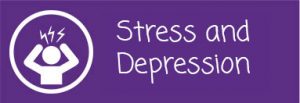Stroke occurs when blood flow to the brain is interrupted. There are many reasons that this can happen, but one of the biggest culprits is high blood pressure, as this can weaken the arteries in the brain and cause them to burst or clot more easily. This makes high blood pressure the biggest single risk factor for stroke (1).
How common is high blood pressure?
An estimated 1.28 billion people worldwide have high blood pressure (or hypertension), but just 14% have it under control. It is a major cause of premature death every year. Yet, because it rarely causes symptoms, approximately 46% of adults don’t even know they have it (2).
What’s the difference between primary and secondary high blood pressure?
The majority of adult cases (90–95%) are classed as primary high blood pressure, which may be the result of genetic factors i.e. it has been passed on to you by a relative. Only a small percentage of cases are secondary (up to 10%). These have a variety of different causes, including taking certain medications, misusing illegal drugs or having a pre-existing medical condition, such as weak kidneys (3).
How do you know if you have high blood pressure?
If you’ve ever had your blood pressure taken, you will have been given two numbers. The first number is known as your systolic blood pressure; the second is your diastolic blood pressure. A normal reading should be 120/80. If either reading is higher than this, you could have, or be developing, high blood pressure. Usually, once our systolic pressure is under control, your diastolic pressure comes down too (4).
What causes high blood pressure?
There are many things that can contribute to high blood pressure. The risk rises as we get older, and it is more common in men, especially black males. You also have more chance of developing the condition if it runs in your family, if you are overweight, smoke, drink too much alcohol or eat a diet high in salt. High blood pressure can also develop in pregnancy; and if you suffer from long-term conditions such as kidney disease or diabetes (2).
What are the symptoms of high blood pressure?
The reason people don’t always know they have high blood pressure is because there are often few, or no, symptoms. You may have headaches, shortness of breath or nosebleeds. But you may experience nothing at all. Damage could be happening to your arteries without you even knowing it, increasing your risk of stroke. That’s why it’s so important, for those over age 18, to have their blood pressure checked regularly (5).
What can I do to minimise my risk of stroke?
As well as regular blood pressure checks, you can reduce your risk of stroke by keeping your blood pressure low. This is easily achieved by living a healthy lifestyle with a good diet and regular exercise, and by taking medication, if advised by your doctor. Remember, keeping your blood pressure at the optimum level will lower your risk of stroke.
References
- https://my.clevelandclinic.org/health/articles/13398-know-your-risk-factors-for-stroke.
- https://www.who.int/news-room/fact-sheets/detail/hypertension.
- Matthew R Alexander, MD, PhD et al. Hypertension. Updated 2019 Feb 22. https://emedicine.medscape.com/article/241381-overview#a4.
- Whelton PK, Carey RM, Aronow WS, Casey DE, Collins KJ, Dennison C, et al. 2017 ACC/AHA/AAPA/ABC/ACPM/AGS/APhA/ASH/ASPC/NMA/PCNA Guideline for the prevention, detection, evaluation, and management of high blood pressure in adultsexternal icon. Hypertens.
- https://www.webmd.com/heart-disease/guide/medicine-ace-inhibitors. Medically reviewed by James Beckerman, MD, FACC. 2020 Aug 24.
Updated February 2022
Next review 2024

